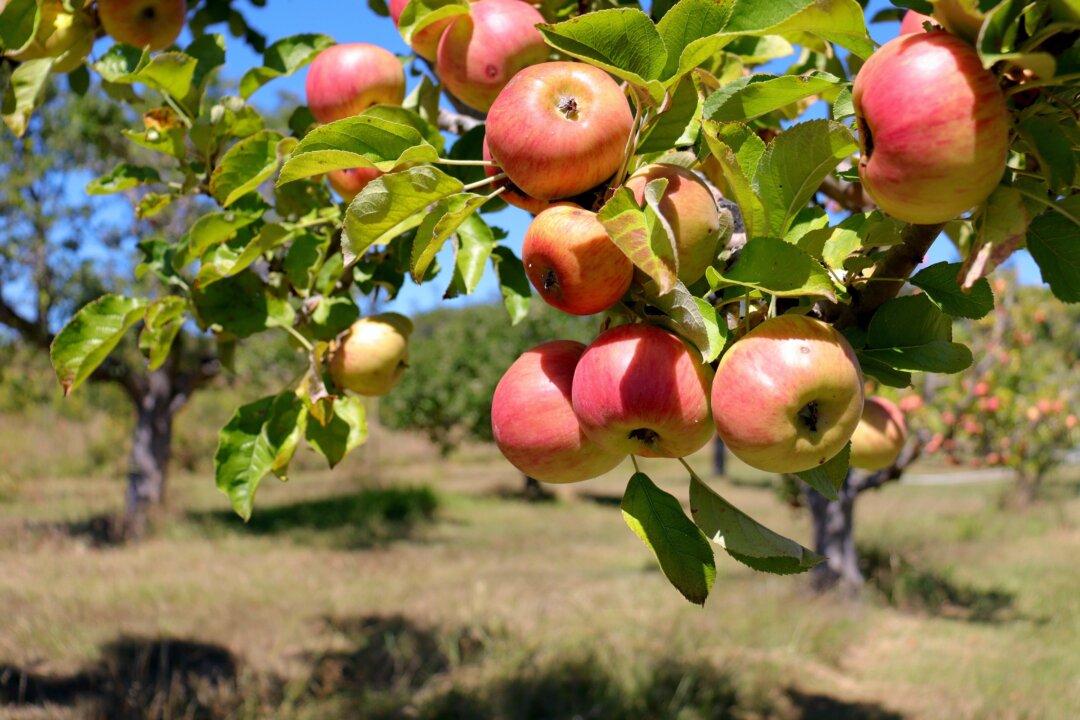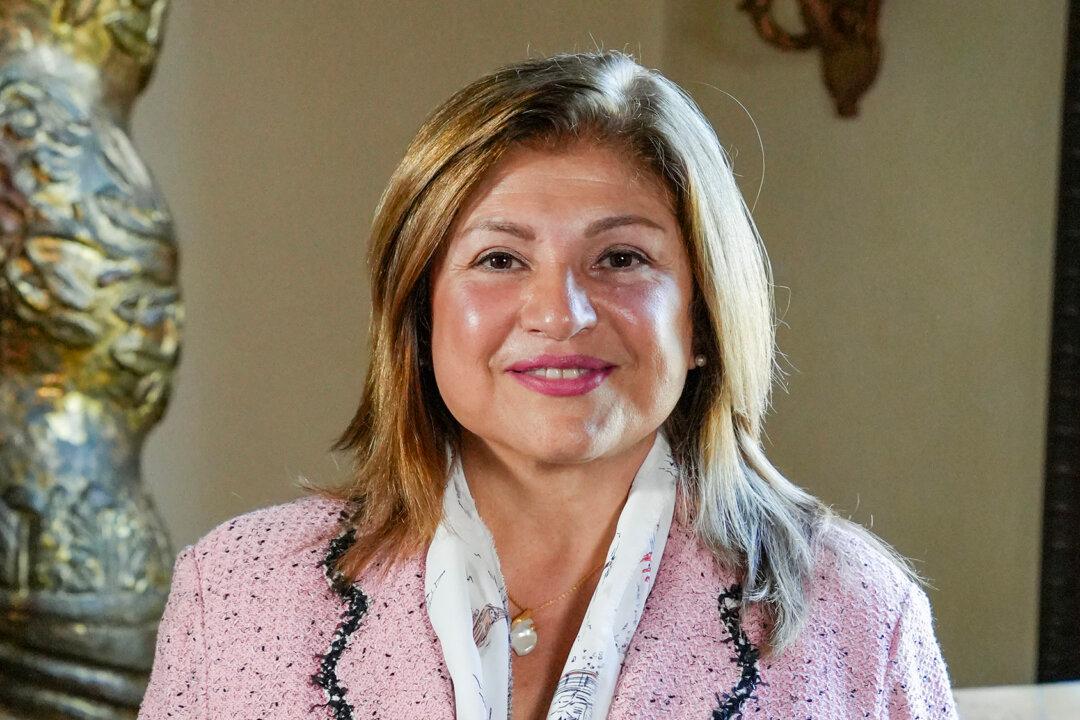PHILO, Calif.—Along a highway cradled between fruit orchards and vineyards stands a cider tasting bar. Visitors smell fresh apples and hear joyful chattering under the tents.
Gowan’s Heirloom Cider, a family-run business about an hour south of Fort Bragg, has been flourishing since 1876.






